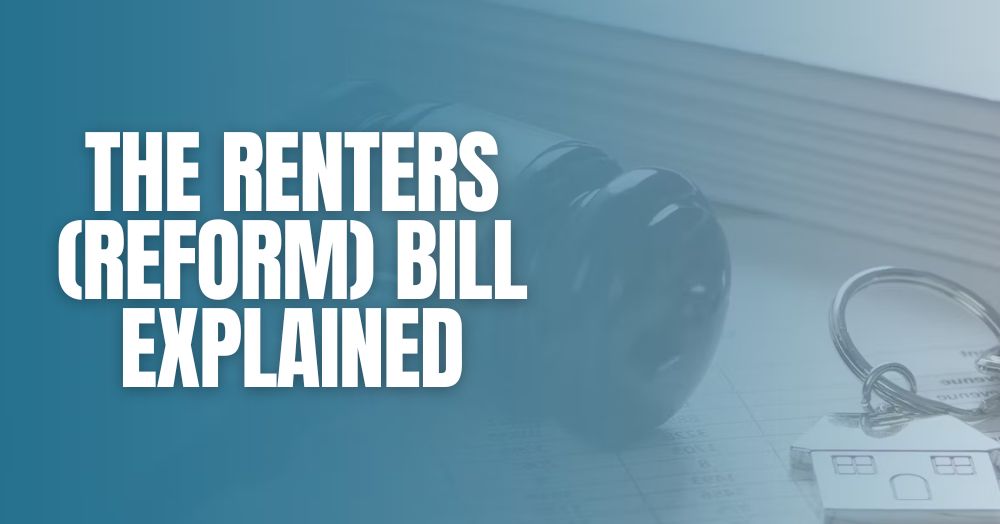
While the finer details of the Renters (Reform) Bill are undergoing refinement, we offer a comprehensive overview of the anticipated inclusions in the Bill.
Addressing Your Queries
Whom will the Renters (Reform) Bill impact?
The ambit of the Bill extends to all landlords in England, encompassing various aspects. Nevertheless, as certain facets are still in the finalization phase, the application of specific regulations to landlords of student lets and Houses in Multiple Occupation (HMOs) remains to be precisely determined.
Is it advisable to divest property prior to the enactment of the Renters (Reform) Bill?
Given the unprecedented pinnacle of rental income and the exceptional tenant pool presently accessible, divesting now would be an unwise decision.
In the eventuality of future divestment, the Bill empowers you to seek repossession based on these grounds. Moreover, the Bill fortifies grounds for addressing rent arrears and counteracting anti-social behavior.
In the absence of the Section 21 notice, how can tenants be evicted?
Considering that the utilization of section 21 ‘no fault’ evictions comprises a mere 6% of tenant removals, the termination of this provision should not significantly impact landlords.
The Bill introduces augmented grounds for repossession and streamlines court procedures, facilitating landlords in promptly and effectively reclaiming possession of their properties when tenants default on their responsibilities.
Is there a definitive timetable for the Renters (Reform) Bill?
The specific timeline for the Bill’s integration into law remains unclear. An interim phase for prevailing tenancies will necessitate its implementation over time.
Upon obtaining Royal Assent, a lead-in period of 6 months will be granted for new tenancies, followed by an additional year for existing ones.
Are landlords obligated to permit tenants to harbour pets?
While landlords are expected to reasonably consider tenants’ requests for pet accommodation, an amendment to the Tenant Fees Act 2019 grants landlords the prerogative to mandate pet damage insurance. Consequently, the inclusion of pets isn’t automatically obligatory.
Furthermore, this stipulation won’t be applicable to properties governed by superior leases that expressly prohibit pets, as observed in the context of leasehold flats.
Do we possess comprehensive insight into the Bill’s content?
Given the extent of pending clarifications encompassing parameters such as The Decent Homes Standard, universal bans, student lets, and enforcement by local authorities, our comprehension of the complete gamut of the Bill’s provisions is still evolving. This page will remain a repository of updated information as it surfaces.



